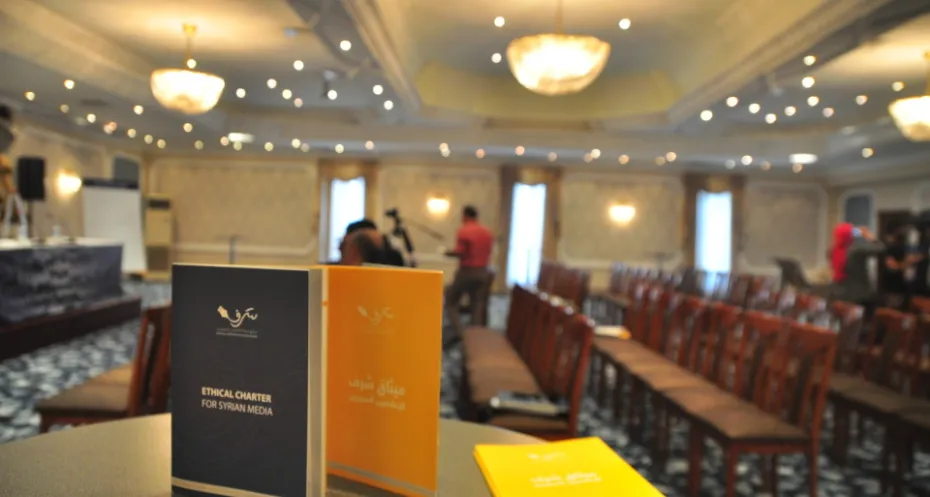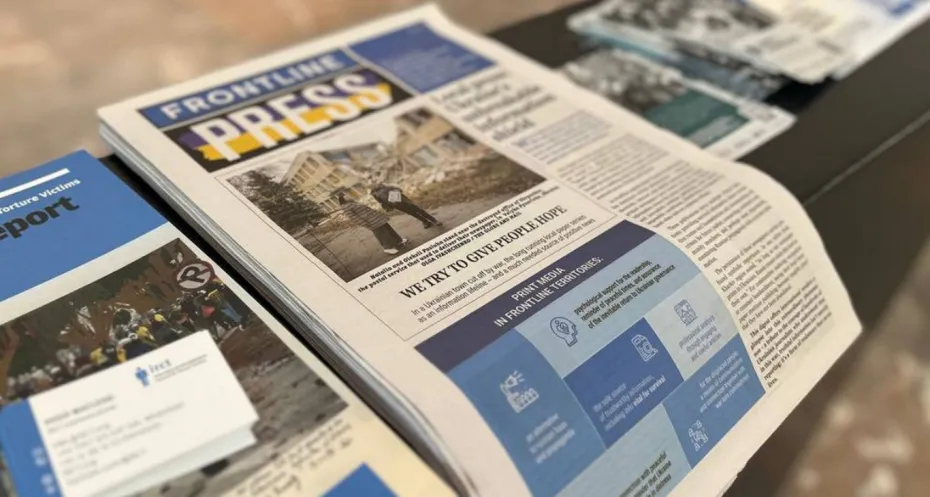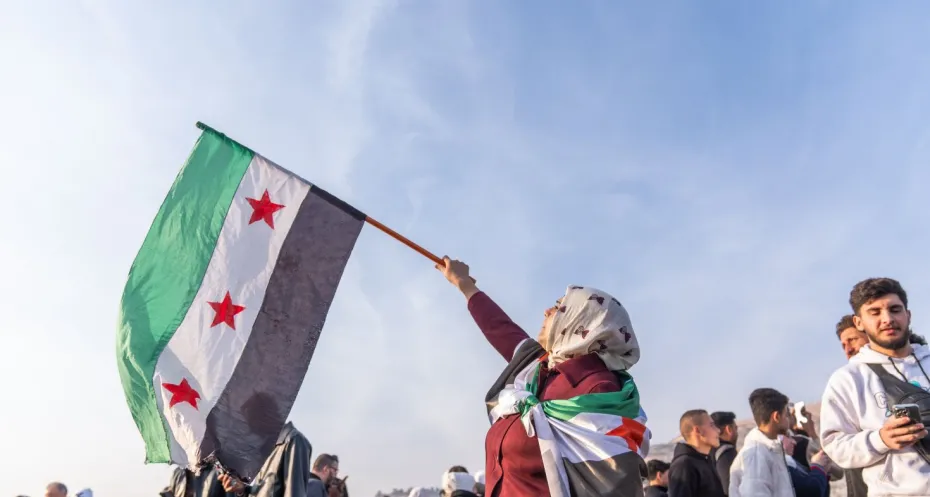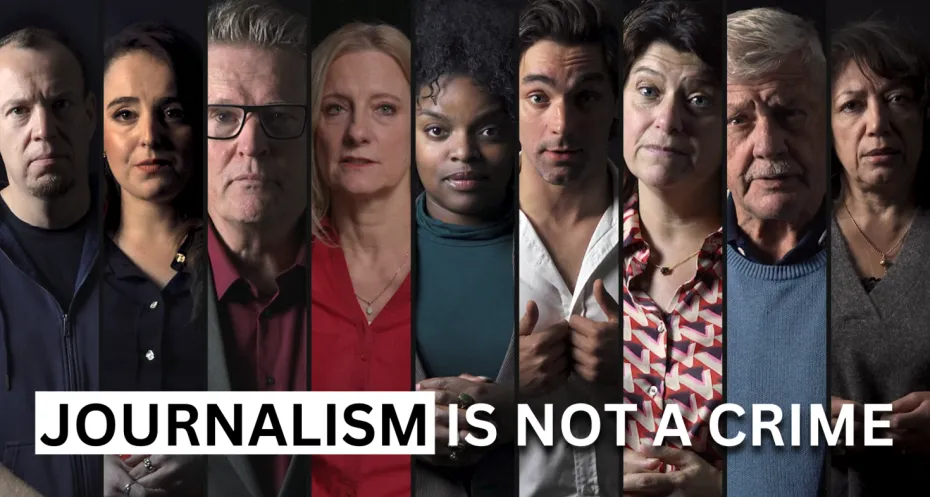
A ray of hope in the pitch-dark Syria scenario
While in Syria every form of humanity seems lost, Syrian journalists find common ground in new ethical rules. In September 2015, 20 Syrian media organisations signed the Ethical Charter for Syrian Media (ECSM). Currently the ECSM has 35 members, however, due to economic and security constraints 9 members are in survival mode or became inactive, their membership is pending. The ECSM’s effects are visible in how the reports by the associated press agencies, newspapers, radio broadcasters and news sites have become more reliable, independent and critical. This is crucial to be able to make any sense of the complex situation in Syria
Professional journalism
Syria does not have an independent journalistic tradition. Even before the civil war, critical journalism was practically impossible in Syria. Official journalists were and are bound by the interests of the Syrian regime. The reports by ‘journalists’ of the new local authorities are often just as one-sided. Reporting facts or opinions that are inconvenient is unusual – and dangerous.
Media plays a major role in shaping the public opinion, holding authorities accountable and bringing reliable information. In doing this, holding up ethical standards are very important. In the absence of inclusive and regulatory laws, the rapidly evolving Syrian media industry was in need of a monitoring organisation that develops and monitors ethical standards for the media.
Therefore the ECSM was set up, with the aim to empower Syrian media institutions to practice the profession of media ethically and professionally. The members, all independent Syrian media organisations, are committed to obey the charter’s principles: to produce media content free from hate speech; and enriched with the principles of gender equality, accuracy, credibility, honesty and fairness.
Life saving tips
The various journalists meet regularly, even from exile. Free Press Unlimited and its partners have brought them together since 2014 at ‘Round Tables’: both women and men, left-wing and conservative, Kurds and Arabs, and Sunni Muslims as well as Christians and Seculars. To everybody’s surprise, they find each other in their determination to rid their own reports from bias, emotion and a call for violence.
A dialogue is created, people meet and discuss confronting issues. This way, journalists learn to self-reflect. And this all takes place in times of war between the various groups the journalists belong to. “The Charter also has immediate benefits”, says an anonymous Syrian journalist in exile in Gaziantep, Turkey, “especially the training we receive. And pass on. As an example, we teach each other to encrypt emails. This is essential for the safety of the citizen journalists who send us digital material from Syria.” These are all small and big steps towards the joint long-term goal: reliable and independent press in Syria
Photo:Free Press Unlimited



